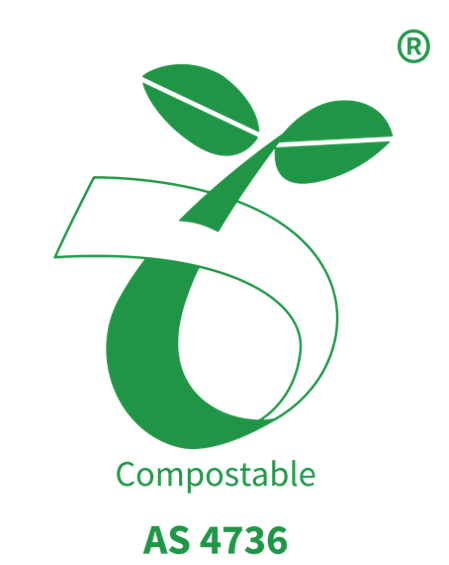Recycling from A to Z
Browse our A to Z list of items to learn how to dispose of them responsible. It's best to search by the components that make up the item. For example, pillow = fabric.
Looking for a specific item? Use our item lookup.
If you are still unsure about Which Bin a specific item should go in,
call your local council or phone the Which Bin hotline on 1300 137 118.
- A
- Aerosol Cans Empty
- Aluminium foil
- Animal waste (in plastic bags)
- Animal waste (out of plastic bags)
- Appliances
- Asbestos
- Ash Charcoal
- B
- Baking Paper
- Basket - Cane
- Batteries
- Blister Pack - Medicine Tablet
- Bucket
- Building and demolition materials
- Butter wrapping foil
- Butter Wrapping Paper Only
- C
- Car Body
- Cardboard
- Carpet
- Cases - DVD CD
- Chemical Drums
- Chemicals
- Child Car Seat
- Cleaning cloths
- Clothing Items
- Coat hangers
- Coffee Cups
- Coffee Pod
- Compostable cups, plates, containers and other packaging
- Concrete
- Concrete plant pots
- Contact Lens
- Cooking oil
- Cosmetics
- Cups (waxed coffee cups)
- D
- Dangerous Items
- Dead animals
- Decorations
- Dentures
- Discs – DVDs and CDs
- Drink Cans & Bottles
- Drums
- E
- Electronic Waste
- Exercise Equipment
- Explosives
- Eye Glasses
- F
- Feminine hygiene products
- Ferrous metal
- Film negatives
- Fire Extinguisher
- Fishing Line Spools
- Flares
- Food scraps
- Fuel Tank - LPG Gas
- Furniture
- G
- Gas bottle
- Glass Broken
- Glow Stick
- Green Organic Waste
- Grocery items
- H
- Hard plastic
- Household Hard Rubbish
- I
- Irrigation Pipe
- K
- Kitty Litter
- L
- Light Globes, Fluorescent (fluro) Tubes
- Linen
- M
- Mattresses
- Medication containers
- Mercury thermometer
- Metal items
- Mobile phones
- N
- Nappies
- Non-deposit glass
- Non-ferrous metal
- O
- Oil
- Oil Column Heater
- Oil Filters
- Oily rags
- P
- Paint
- Paint tins
- Paper
- Paper Bag
- Paper Shredded
- Pencil
- Petrol
- Pharmaceuticals and Medicine
- Phone Book
- Photographic film slides
- Pizza Box - Clean
- Plastic bag – Compostable
- Plastic bag – Non-compostable
- Plastic bubble wrap
- Plastic Meat Trays (Clean)
- Plastic milk bottles
- Plastic (small items)
- Plastic Strapping
- Polystyrene – food packaging
- Polystyrene – rigid
- Printer and toner cartridges
- R
- Rags
- Retail receipt
- Rope
- Rubber
- S
- Sharps
- Smoke detectors
- Soft plastic
- Solar Panel - Photovoltaic (PV)
- Solar Panel - Wet Cell Type for Water Heating Solar System
- Straws – compostable
- Straws – plastic
- T
- Tampon
- Tea Light Candle
- Tin Can
- Tins
- Tissue
- Treated timber
- Tyre
- U
- UHT Tetra Pak Containers
- V
- Vegetables
- Video tape and cassette tape
- W
- White goods
- Wine bottles
- Wine corks
- Wipes - Cleaning & Personal
- Wooden pallets
- X
- X-Ray films







